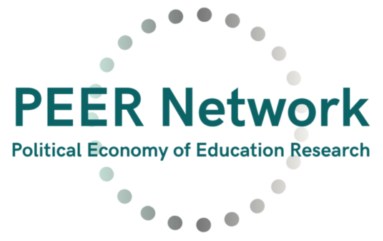
Image Source: Zilola Khalilova
Religious education (RE) affects the spiritual, moral, social and cultural profiles of individuals, groups and communities. The question of religious education has been and still is the subject of particularly intense and controversial debate. In Uzbekistan, there is a parallel discourse on the role the religion sensibilities play in the mass-education of a secular state. Furthermore, there is an ongoing debate about the necessity of religious education at secondary schools in Uzbekistan, with the involvement of the relevant governmental agencies, religious communities and the mass media. In fact, religion has not being taught as a distinct course at public or private schools in Uzbekistan, whereas public schools provide rather limited insight into the world’s religions as part of their moral courses. At the same time, students can obtain in-depth knowledge about Islam and other religions outside of public schools at such religious education facilities as madrasas or special courses at churches and synagogues. The present project sets out to chart and investigate the policy and strategies of teaching religion within the system of public education in Uzbekistan. It furthermore aims at making sense of teaching religious disciplines in a Muslim society in post-Soviet landscape not as much as “teaching religion” but rather “teaching about religion”, and in what ways, if any, this multilayered process has to do with shaping national and Muslim identity.

